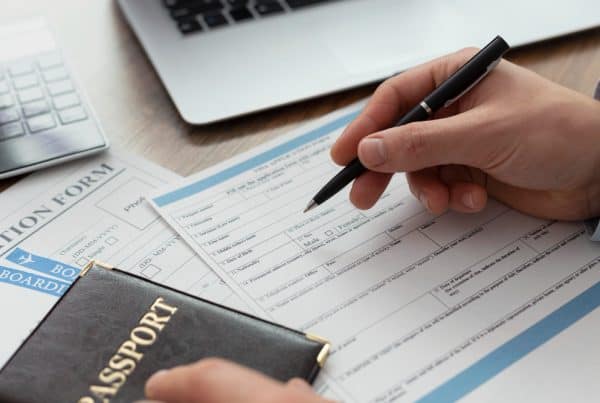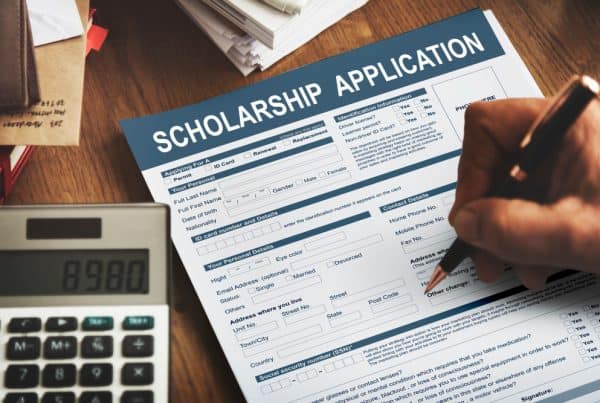It is stressful and depressing when Immigration, Refugees and Citizenship Canada (IRCC) rejects a spouse’s sponsorship application. No couple wants to receive a Refused Spousal Sponsorship application. The application procedure for spousal/common-law P.R. sponsorship is complicated. Regrettably, we are seeing an increasing number of candidates who were unrepresented or had insufficient representation refused by IRCC for various reasons. So to avoid this, you need to make sure you are following every step according to IRCC.
What Can Be The Cause Of Refused Spousal Sponsorship Application, And How To Prevent It
Given the complexity of Canadian immigration law and that not knowing the law is not an excuse, we frequently observe self-represented or insufficiently represented applicants filling out the application based on a lack of knowledge of the legalese/vocabulary used on IRCC forms. Let’s have a look at some of the reasons.
Poor Application Preparation
It includes signing papers erroneously, dating them inaccurately, using incorrect picture specifications such as no D.O.B., studio name, captured date, too much or too little white space around the head and not using the proper forms applicable to your situation. And also, you missed the Country-Specific Requirements or filled out the wrong information. You should also avoid digitally signing documents unless the form permits it.
No Submission Of Essential Documentation
There must be documentation from both the Sponsor and the Sponsored individual. If any important documents are absent, this is one of the main reasons the IRCC will reject the application. As the process is paper-based and takes some time on the part of the visa office, it is crucial to include additional papers that support your application and the ones on the obligatory checklist.
Outdated/Incorrect Version Of Forms:
You should be aware that IRCC keeps all the updates on their official websites. Additionally, spousal Sponsorship Application forms change every 1 -2 months. Hence it becomes sessional to keep an on the updates so as not to miss out on any information which can lead to application rejection.
Misrepresentation In The Application Form
The legislation requires that all individuals participating in the sponsorship application—both the Sponsor and the family members who are being sponsored—provide truthful information. Therefore, the application will be rejected if any false statements are intentional or unintentional.
You must ensure the information provided to the immigration authorities is true, accurate, and supported by documentary evidence. The process necessitates detailed submissions related to personal details, nature of relationships, financial situation, health and medical tests, character certificate, and other information. Doing so will help to reduce the risk of your application being denied.
Absence Of Evidence Which Establishes A Genuine Relationship
Although it is permissible for citizens and permanent residents to sponsor their foreign spouse or partner, this application is thoroughly reviewed to avoid cases of marriage fraud. The application form requests specific information on the Sponsor’s relationship with their husband or partner, including the date the relationship started, a description of the marriage ceremony, and other data that are meant to help the application team determine the Sponsor’s genuine nature of the relationship.
For the rejection of an application on the grounds of a marriage of convenience, unlike other grounds for refusal, there is no unified and impartial standard. To alleviate the immigration officer’s concerns and disbelief, the applicant must provide enough proof that the relationship is real. When applying for spousal sponsorship, be cautious to avoid frequent red signals that visa officials can check.
When Spousal Sponsorship Is Denied, You Can Appeal.
Inland and outland applications for divorce are the two categories available. If you live in Canada, you can apply for an inland sponsorship. If your spouse has not yet arrived in Canada, they may apply for sponsorship from their home country or residence.
You can reapply a rejected inland application. An absurd application for spousal sponsorship, however, may be challenged. Within 30 days of receiving a rejection letter, you must submit an appeal to the Immigration Appeal Division (IAD).
HIRE A PROFESSIONAL
It can be challenging to analyze the eligibility standards to decide whether you are qualified to sponsor or be sponsored. The easiest and safest strategy to reduce the likelihood of your sponsorship application being rejected or taking unnecessarily long is to seek legal counsel from a reputable and experienced lawyer.
If you want to reunite with family in Canada, contact your licensed Immigration Lawyer Ronen Kurzfeld at 647-249-7976.





